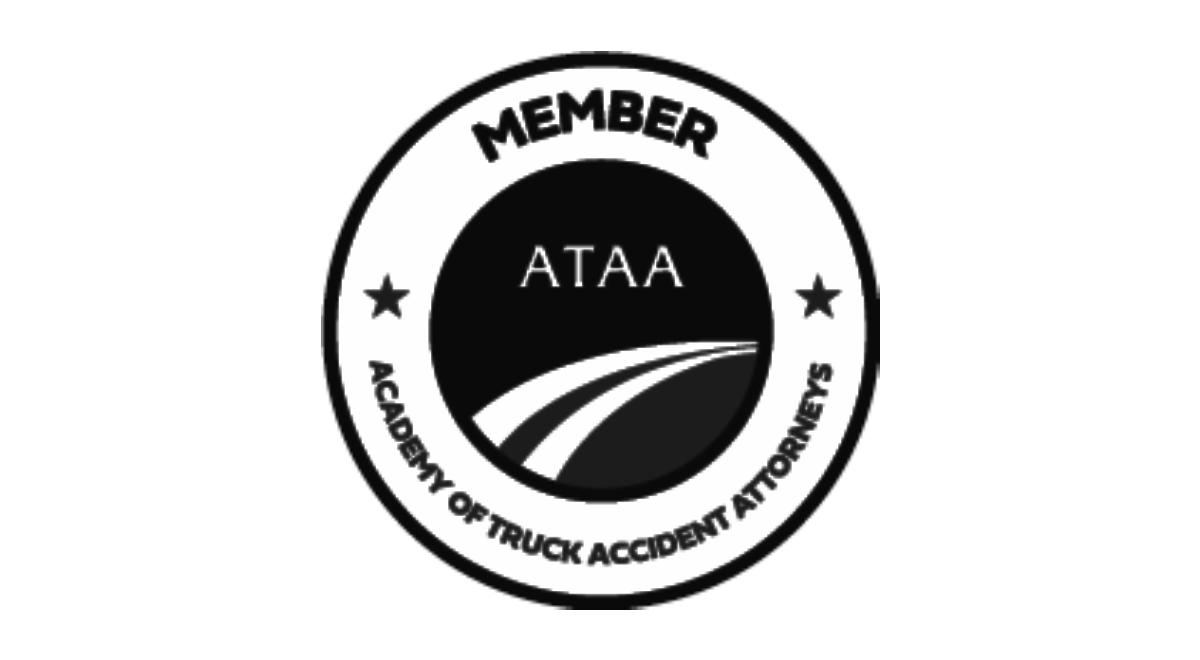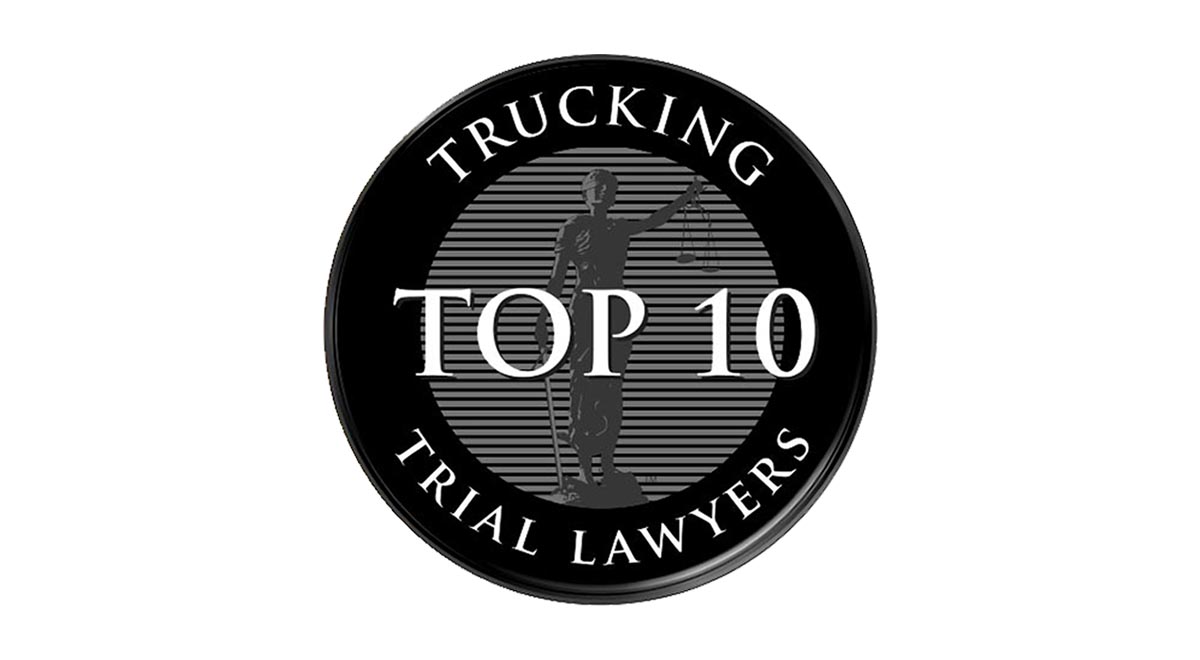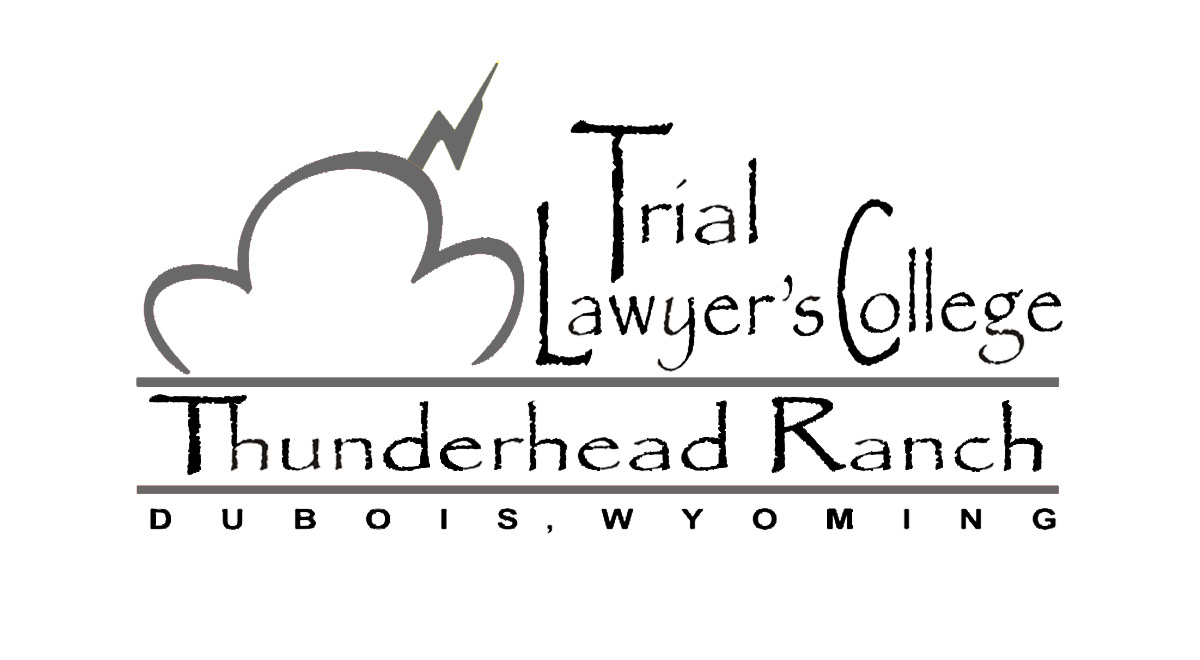August 01, 2025
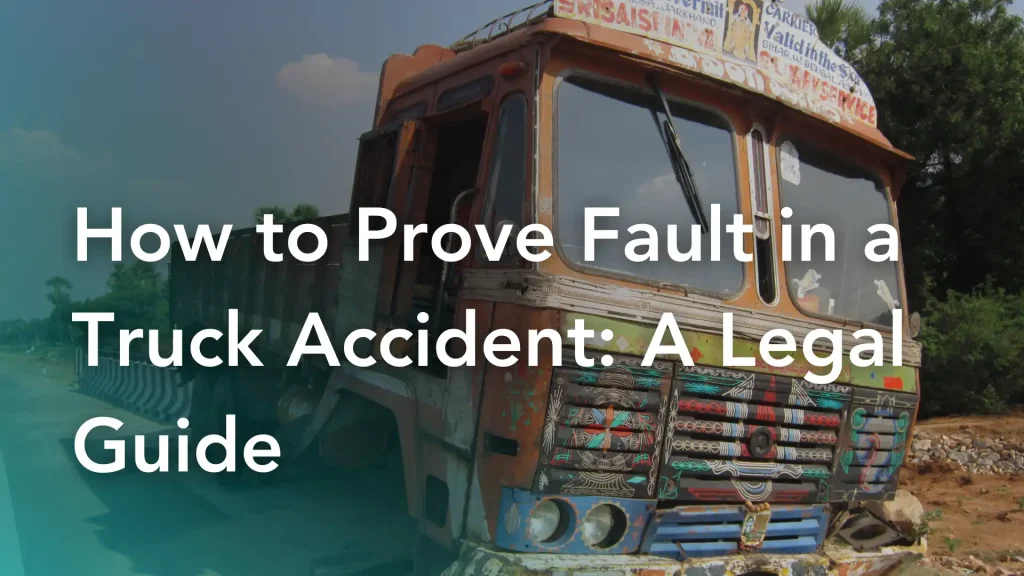
When you get hurt in a truck accident, Indiana law allows you to file a lawsuit against the party who caused your collision – but to succeed in your claim, you need evidence to prove the at-fault party caused the crash. Unfortunately, unlike regular car crashes, truck accidents can involve multiple parties, complex federal rules, and specialized evidence that most people have never heard of. This makes proving fault in a truck accident far more challenging without legal support.
Why Proving Fault in Truck Accidents Is More Complicated
Truck accidents involve several factors that traditional car collisions don’t, including federal regulations and significant settlement amounts.
The trucking industry operates under strict federal oversight from the Federal Motor Carrier Safety Administration (FMCSA), with rules that cover everything from how long drivers can work to how trucks must be maintained. You must know how to navigate these regulations to succeed in your claim against a truck driver or their company, and that starts with understanding what counts as evidence of negligence in truck accidents.
Commercial trucks can weigh up to 80,000 pounds when fully loaded – 20 to 30 times heavier than your average car. This massive weight difference means accidents often result in catastrophic injuries or death. In fact, in one recent year, 5,472 people died in large truck crashes, with 70 percent of those fatalities occurring in other vehicles. Truck accidents can require incredibly high amounts of compensation, which means that insurance companies and trucking companies fight these cases aggressively.
Key Evidence Used to Prove Fault in Truck Accidents
Proving fault in truck accidents requires evidence you never need to deal with in traditional car accidents.
Electronic Data: The Truck’s Memory
Modern commercial trucks come equipped with electronic logging devices (ELDs) that automatically record critical information about the truck’s operation. These devices, mandated by federal law for most commercial drivers, track the truck’s movements, hours of active operation, and compliance with hours-of-service regulations.
Additionally, many trucks have event data recorders (EDRs), sometimes called “black boxes,” that capture the vehicle’s speed, brake application, steering input, engine RPM, and other critical data before, during, and after the incident.
Driver Logs and Hours-of-Service Violations
Many collisions occur because truck drivers violate their hours-of-service restrictions and drive exhausted or fatigued. If their driver logs show violations of these regulations, this evidence can work to your advantage.
Federal Safety Regulations and Compliance
The FMCSA governs every aspect of commercial trucking, including driver qualifications, vehicle maintenance, cargo securement, and operational safety. Any of the following violations can lead to a devastating or fatal crash:
- Exceeding weight limits (80,000 pounds total, with 20,000 pounds maximum on single axles and 34,000 pounds on tandem axles)
- Failing to maintain vehicles properly
- Violating cargo securement requirements
- Hiring unqualified drivers or failing to conduct proper background checks
Maintenance Records and Mechanical Failures
Companies must keep detailed records of all maintenance activities. When mechanical failures contribute to accidents, these records can tell if the trucking accident company ignored warning signs of mechanical problems.
Visual Evidence and Documentation
Dashboard cameras, traffic surveillance footage, and witness accounts can provide evidence of traffic violations, aggressive driving, or other negligent behaviors.
Who Can Be Held Liable in a Truck Accident?
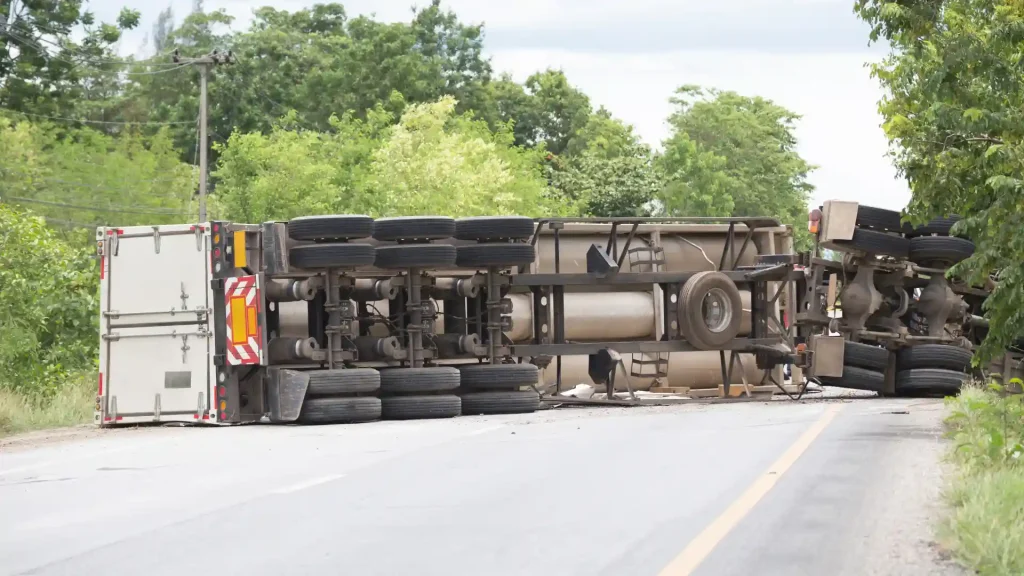
While typical car accidents might involve only two drivers, truck accidents can involve any one or combination of the following parties:
- The Truck Driver – If a truck driver speeds, operates their vehicle while distracted, drinks or uses drugs while driving, surpasses their legally allowed number of hours on the road, or violates traffic laws, you can hold them accountable for your injuries in a collision.
- The Trucking Company – Under the legal doctrine of “respondeat superior,” employers bear responsibility for their employees’ actions within the employment scope. In other words, if a truck driver causes an accident while working, the trucking company may be liable regardless of whether the company was at fault.
- Vehicle and Parts Manufacturers – When mechanical defects contribute to truck accidents, you may have grounds to hold the vehicle manufacturers or parts manufacturers liable under product liability laws. This lawsuit can include defects in brakes, tires, steering systems, or other critical components.
- Cargo Loading Companies – Companies responsible for loading cargo onto trucks can face liability for accidents caused by improper loading practices, including overloading beyond the truck’s weight capacity, creating uneven weight distribution, or failing to secure cargo properly.
Contact Custy Law Firm | Accident & Injury Lawyers for Help with Your Indiana Truck Accident Claim
When you get into an accident with a commercial vehicle in Indiana and don’t know where to turn, trust the truck accident attorneys at Custy Law Firm | Accident & Injury Lawyers to help you gather the evidence you need for your case. Our team has extensive experience handling complex trucking cases and has recovered millions of dollars for truck accident victims, including substantial settlements and verdicts in commercial vehicle crash cases.
Call us at (219) 286-7361 or fill out our online form for a free consultation; we can help you recover the compensation you deserve while you focus on your recovery.


